Have you ever stood at the shoreline, eyes locked on a clean, peeling wave, and felt a rush that seems to pull something ancient from deep inside you? If so, you know that surfing isn’t just about balancing on a board—it’s about connection. In El Salvador, that connection runs deeper. Here, you’re not just chasing swells. You’re stepping into a way of life that’s shaped by the sea, wrapped in warmth, and full of local flavor.
From world-class point breaks to hidden beachside gems, surfing in El Salvador is an invitation to ride some of the best waves Central America has to offer. And it does so without the crowds, the hype, or the inflated prices of other surf destinations. Whether you’re a seasoned surfer searching for your next challenge or someone about to pop up for the very first time, El Salvador has a wave waiting just for you.
Let this be your go-to guide. You’ll find everything from when to visit and where to surf to tips that only locals usually know. It’s time to explore the coast that serious surfers have quietly kept to themselves for years.
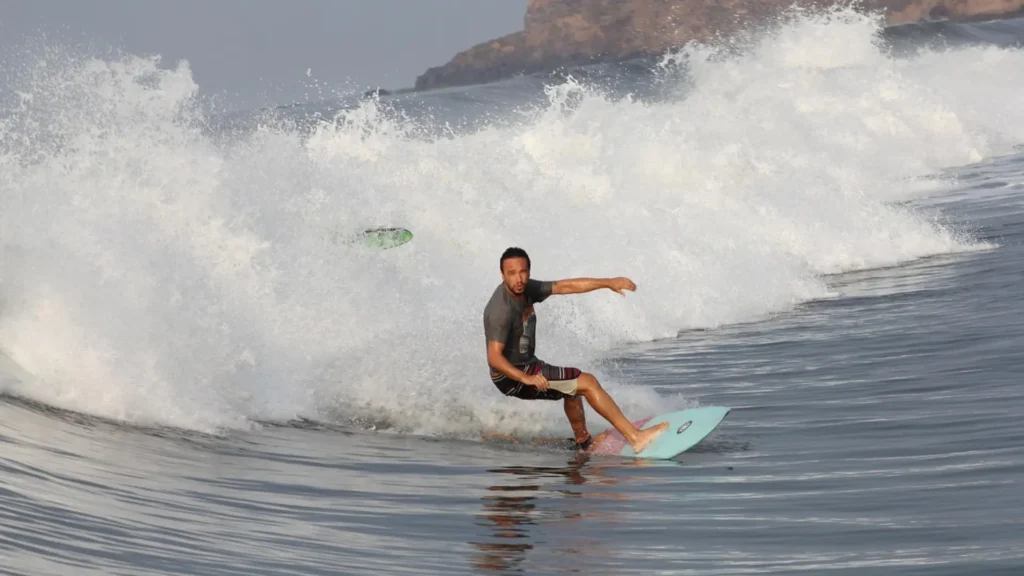
Table of Contents
Why El Salvador Is a World-Class Surfing Destination
Geography and Surf Conditions
El Salvador sits on the Pacific coast of Central America, offering more than 300 kilometers of wave-rich shoreline. Its unique geography means you get a front-row seat to long-period swells arriving directly from the South Pacific.
- Year-round waves: Swells are most consistent from March through October
- Warm waters: No wetsuit required—water temperatures hover between 26°C and 30°C
- Point and beach breaks: Ideal for both advanced and beginner surfers
- Offshore winds: Mornings typically deliver glassy conditions
A Surf Culture on the Rise
Over the last decade, El Salvador has transformed from a hidden gem into an emerging player on the global surf scene.
- Surf City initiative: Government-backed tourism development focused on surf infrastructure
- International competitions: Hosted ISA World Surfing Games and other WSL events
- Thriving local scene: Young Salvadoran surfers making names on international circuits
There’s a magnetic pulse here that you won’t find in many places. It’s raw, authentic, and grounded in community.
Best Time to Go Surfing in El Salvador
Timing your trip can mean the difference between mellow rollers and powerful, fast-moving walls. Here’s how the seasons break down:
Seasonal Surf Breakdown
| Season | Months | Wave Type | Crowds | Best For |
|---|---|---|---|---|
| Dry Season | Nov – Feb | Mellow, clean | Low | Beginners |
| Wet Season | Mar – Oct | Big, consistent swell | Medium/High | Intermediates to Pros |
Key Takeaways
- March to May: Sweet spot for clean conditions and early swell
- June to August: High consistency but expect heavier rainfall
- September to November: Late-season energy with less crowd
- Tip: Arrive early to catch the best morning sessions before onshore winds pick up
Top Surf Spots in El Salvador You Can’t Miss
Punta Roca – The Crown Jewel
This is the wave that put El Salvador on the map. Punta Roca is a fast, powerful right-hand point break located near La Libertad.
- Best for: Advanced surfers
- Wave length: Up to 300 meters
- Hazards: Sharp rocks, heavy local lineup
El Tunco – The Backpacker’s Playground
Probably the most famous surf town in the country, El Tunco offers both waves and vibrant energy.
- Best for: Beginners to intermediates
- Waves: Sunzal (long right), La Bocana (fast left)
- Bonus: Lively nightlife, yoga studios, cafes
El Zonte – Bohemian and Balanced
Quieter than El Tunco but equally inviting, El Zonte is a balance between surf culture and laid-back vibes.
- Best for: All levels
- Consistency: High year-round
- Tip: Book a room at Puro Surf for coaching programs
Las Flores – Jungle Meets Wave Perfection
Found in the eastern region, Las Flores is a dreamy right-hand point that delivers long, smooth rides.
- Best for: Intermediate and advanced surfers
- Atmosphere: Remote and peaceful
- Pro tip: Stay at AST Surf Hotel for all-inclusive packages
Hidden Gems Worth Discovering
- Mizata: A-frame peaks, fewer crowds, consistent offshore winds
- K59/K61: Reef-bottom points with long rides and light traffic
- La Bocana: River mouth with left-hand barrels, best at mid to high tide
Surf Schools, Rentals, and Guided Tours
Top Surf Schools
- Puro Surf Academy (El Zonte)
- High-performance coaching
- Video analysis and personalized feedback
- Tunco Life (El Tunco)
- Perfect for beginners
- Local instructors, bilingual lessons
- AST Surf Hotel (Las Flores)
- Surf & stay packages
- Great for intermediate progression
Equipment Rentals
- Average cost: $10–$20/day
- Board types: Shortboards, longboards, soft tops
- Where to rent: Surf shops in El Tunco, El Zonte, Las Flores
Guided Surf Tours
- Options for all budgets
- Benefits:
- Access to secret spots
- Local knowledge of tide/wind patterns
- Surf plus cultural experiences
Where to Stay – Best Surf Accommodations in El Salvador
| Location | Accommodation | Type | Why Choose It |
| El Tunco | Papaya Lodge | Budget | Central, social, walking distance to surf |
| El Zonte | Puro Surf Hotel | Luxury | Surf coaching, gym, ocean views |
| Las Flores | AST Surf Hotel | All-Inclusive | Remote, surf-focused, guided sessions |
| La Libertad | Hotel Michanti | Mid-range | Close to Punta Roca, great food |
Local Tips and Surf Etiquette
Surf Etiquette You Should Know
- Don’t snake waves—take turns in the lineup
- Respect locals; they know the break best
- Smile and greet others in the water
Safety First
- Wear reef booties in rocky areas
- Learn rip current exits (especially at Punta Roca)
- Watch your gear on crowded beaches
Cultural Respect
- Use basic Spanish phrases (“Hola”, “Gracias”, “Una cerveza, por favor”)
- Support local tiendas and eateries
- Tip your instructors and guides
What to Pack for Your Surf Trip
Surf Essentials
- Board and extra leash (or rent locally)
- Reef-safe sunscreen
- Rash guard or surf shirt
- Wax suitable for tropical water
- Waterproof daypack
Travel Basics
- Valid passport (minimum 6 months)
- Travel insurance (including surf coverage)
- Mosquito repellent
- Lightweight clothes, flip flops, sunglasses
- US dollars (widely accepted)
Conclusion:
You came looking for waves, but you might leave with something more—a sense of rhythm, a pocketful of local stories, and a new favorite coastline. Surfing in El Salvador is not just a destination; it’s a full-body, full-heart experience that stays with you long after your last ride.
So what’s next? Maybe it’s booking that surf lesson, reserving that beach bungalow, or just taking the first step and researching flights. Whatever it is, one thing is certain: the waves are rolling in, and your spot in the lineup is ready.
FAQ : About Surfing in El Salvador
Is El Salvador safe for surfers?
Yes. Most surf towns like El Tunco, El Zonte, and Las Flores are well-patrolled and safe for tourists. Exercise standard caution.
Can beginners surf in El Salvador?
Absolutely. Breaks like Sunzal and El Zonte are ideal for learning. Many surf schools cater to total beginners.
What’s the average cost of a surf trip to El Salvador?
You can spend as little as $500/week, including accommodation, food, and lessons. Luxury options are also available.
Do I need a visa?
If you’re from the U.S., Canada, EU, or most Latin American countries, you don’t need a visa for stays under 90 days.
Do I need to bring a board?
Optional. Rentals are high quality and affordable. Bring your board if you’re picky or have a preferred setup.
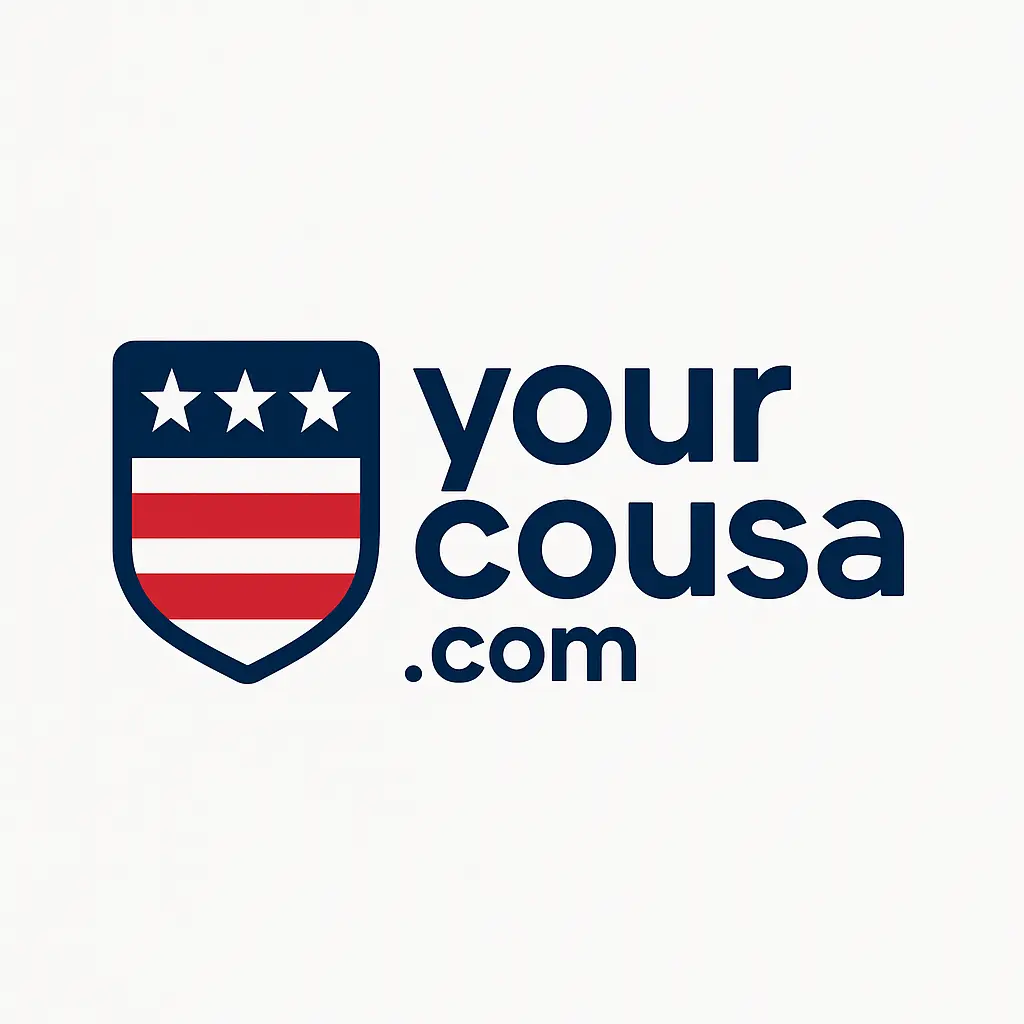

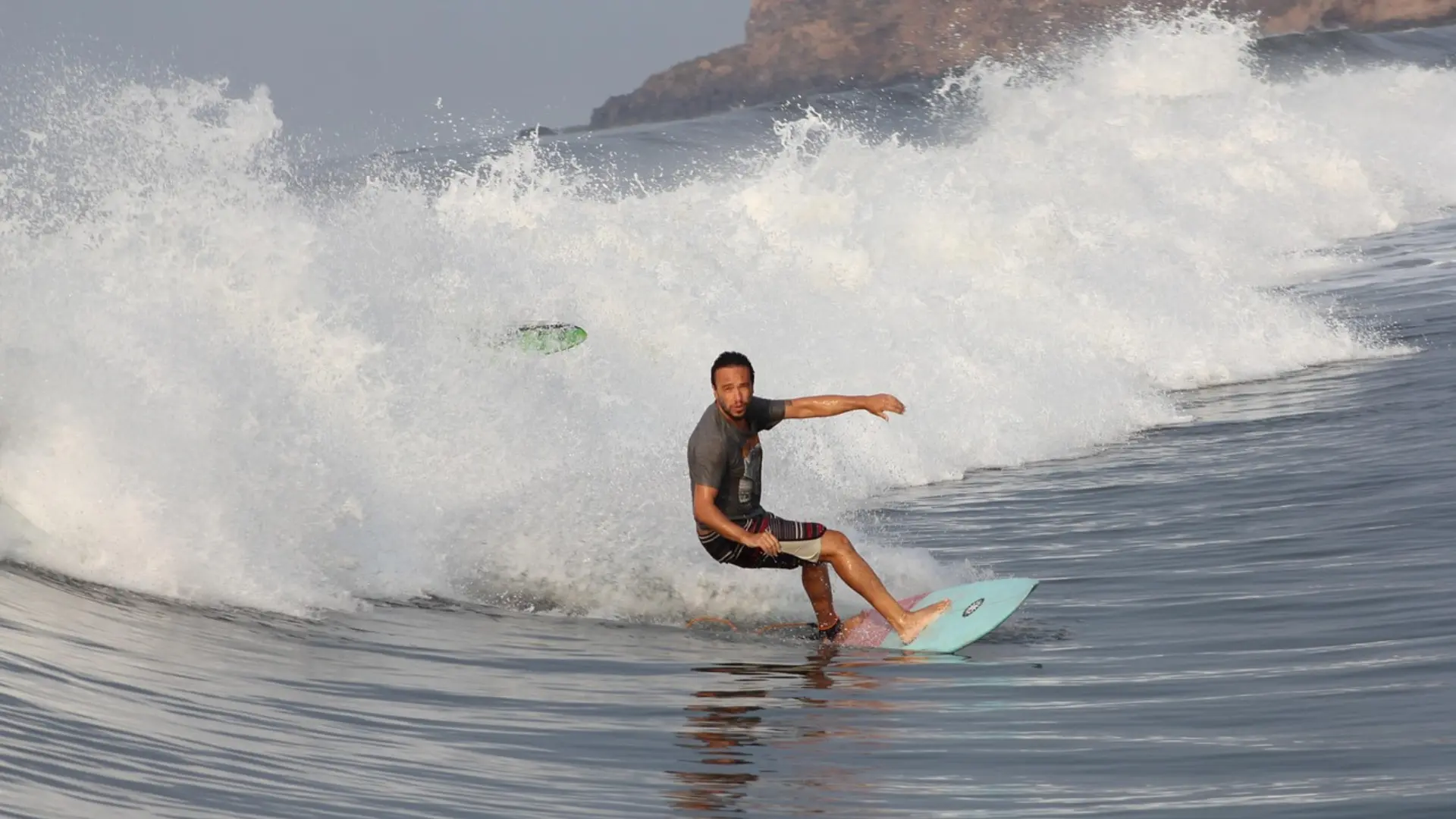

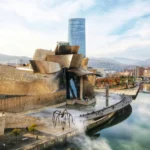
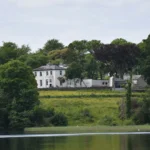
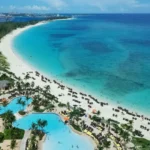
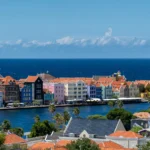
Leave a Reply